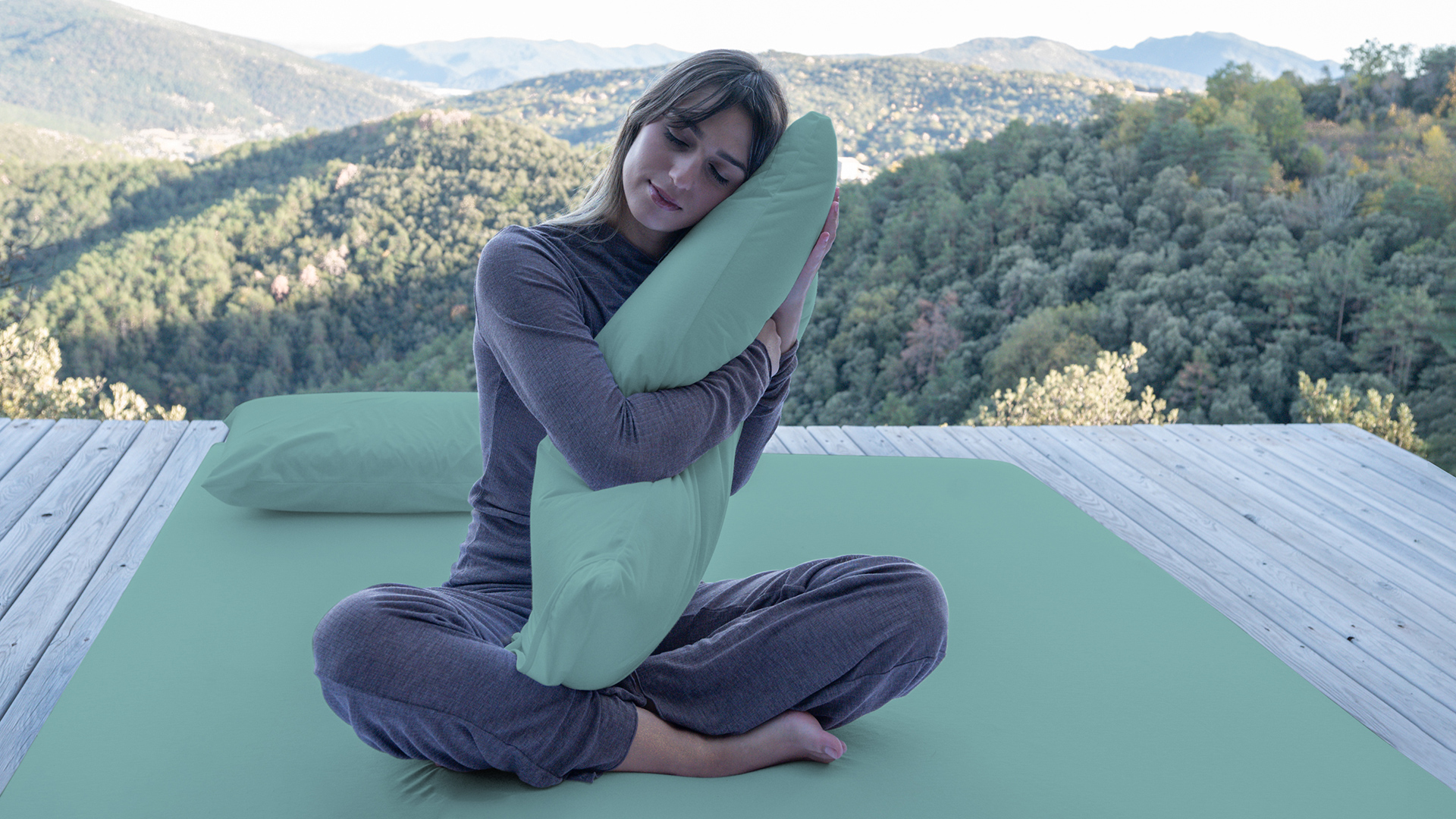News
How time zones influence your sleep (even if you’re not traveling)
The effects of time zones go far beyond travel. In fact, sleep can be impacted by where you live within your time zone. This can influence how tired you feel, when you fall asleep, and even your long-term health. Here's why.
Your internal clock vs. clock time
Our bodies follow a circadian rhythm that is guided by natural light. When the sun rises and sets, it signals to the brain when it’s time to wake up or wind down. But in many places, “solar time” doesn’t match “clock time.” This mismatch can delay melatonin production, the hormone that helps you sleep. The result? People stay up later, get less sleep, and may feel more tired during the day.
This isn’t just theory; it happens in real life across the globe:
- Spain (especially Galicia): Spain uses Central European Time (CET), but much of the country aligns better with Greenwich Mean Time. This leads to later bedtimes and meal schedules, contributing to social jet lag and less sleep overall.
- Poland, Hungary, and the Baltic countries: These countries are on the eastern edge of CET. Here, the sun rises and sets earlier, making mornings feel rushed and shortening evening relaxation time.
- China (western provinces): Despite its size, China uses a single time zone: Beijing Time. In far-west provinces like Xinjiang, solar noon can be as late as 3 p.m., disrupting natural cues for sleep entirely.
Why it matters?
When your internal clock and your time zone don’t align, sleep quality suffers. Over time, this can lead to fatigue, mood issues, and even health problems. Understanding how your location affects your rhythm can help you make small adjustments, like shifting your bedtime or limiting screen use in the evening to get better rest.











